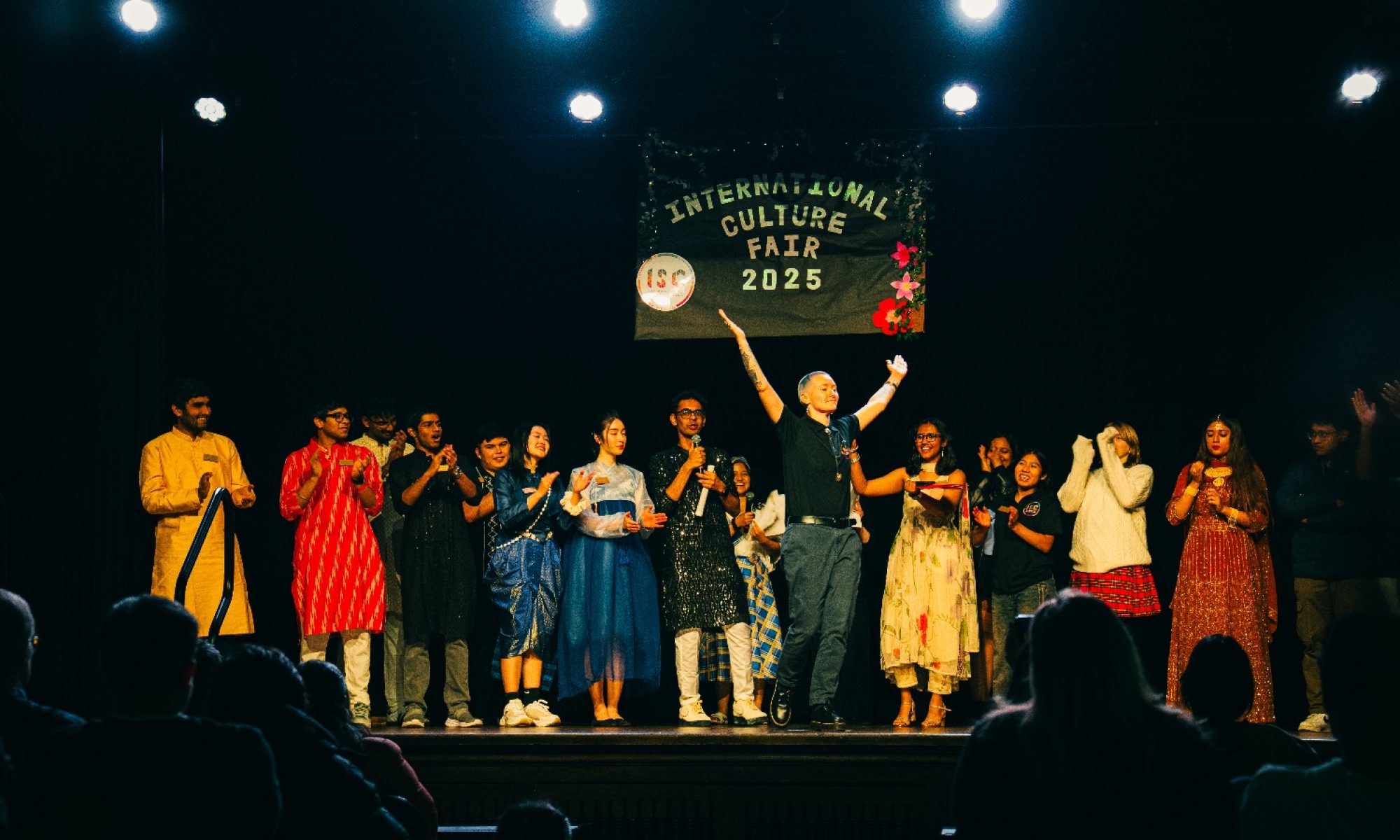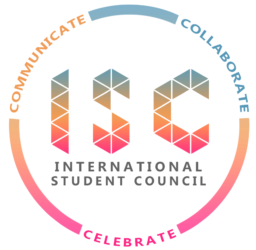“Even though we are from different cultures, different traditions, I feel that we all are actually the same! There is a connection between all of us.”
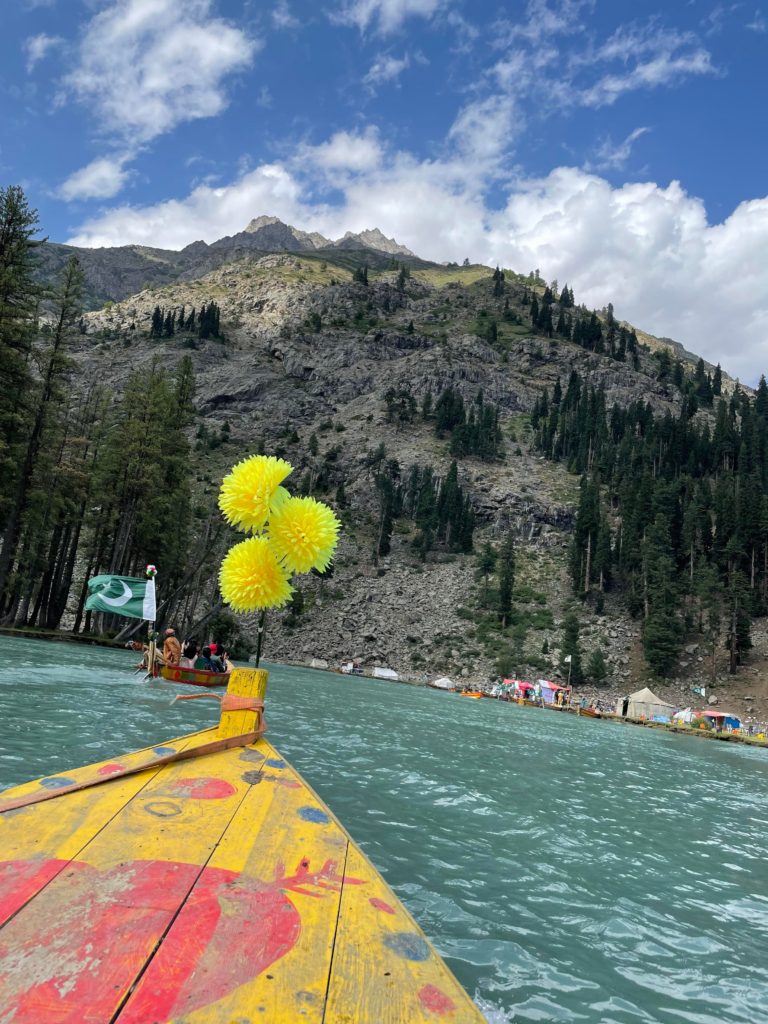
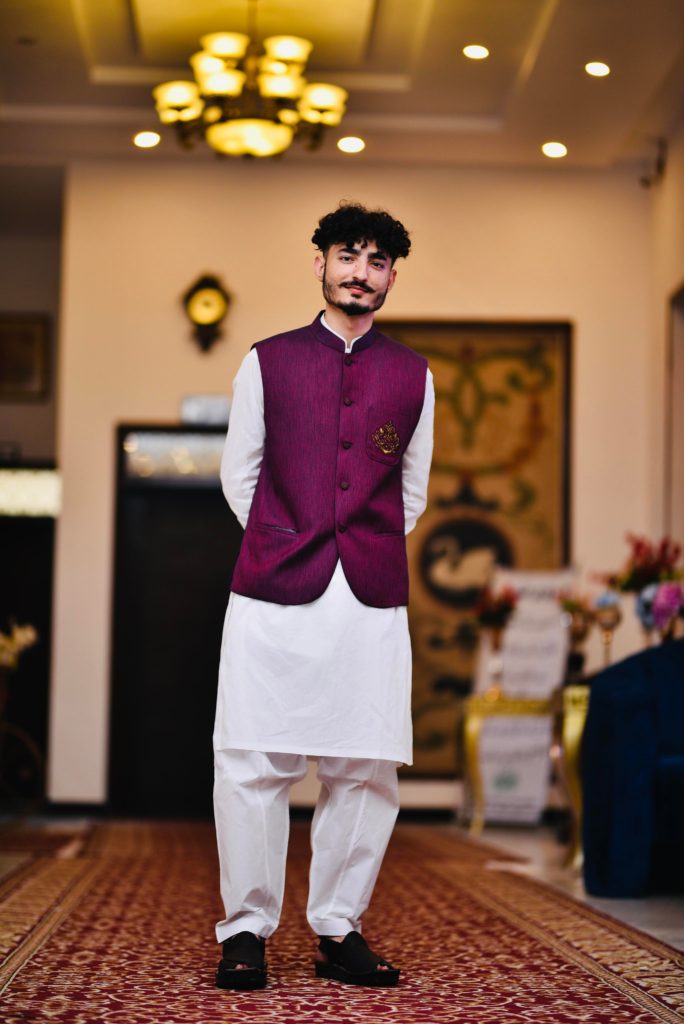
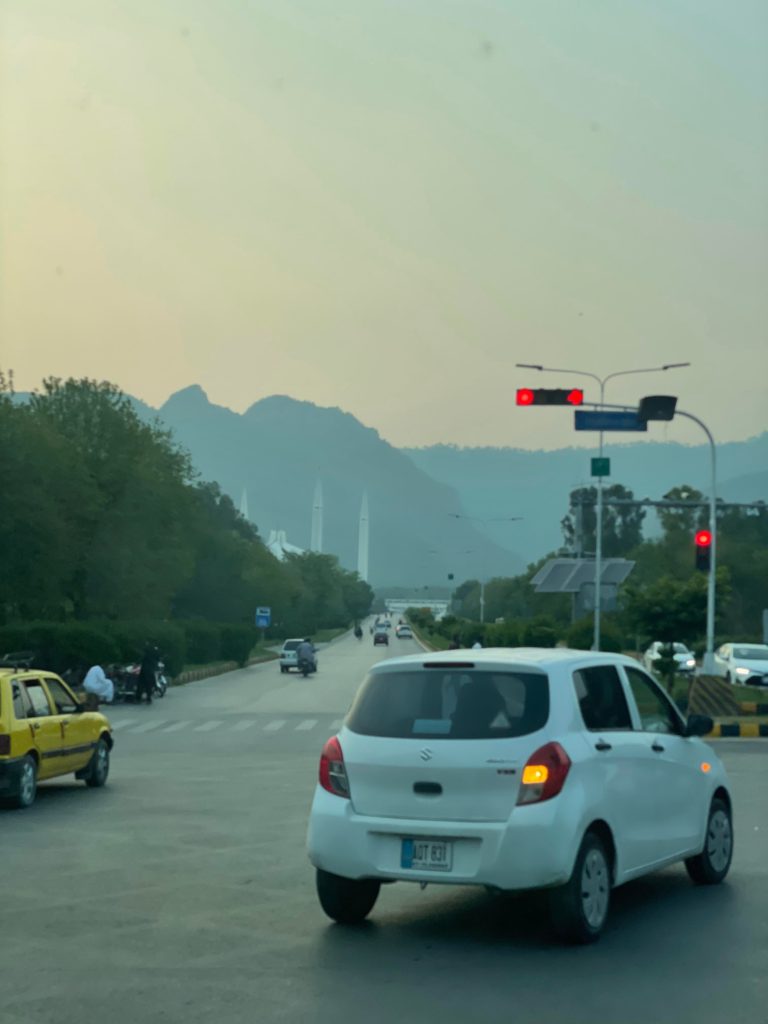
Haris Ali
Haris is a Junior studying Biology Pre-Medicine at Iowa State University and a Des Moines resident who is originally from Pakistan. He is also proudly the current president of the Pakistan Student Association (PSA) and a member of International Student Council’s (ISC) World Cuisine Committee. After graduation, Haris has plans to attend pharmacy school.
Over the past few years in Iowa, Haris has slowly realized that international and multicultural people are few in number. Within his major, he has only come across two multicultural students, leading him to seek out opportunities to learn and interact with other people who are like him.
As a freshman, Haris knew very little about ISU’s international and multicultural programs and resources. He quickly learned about PSA and used it as an opportunity to connect to his own people. As Haris puts it, “it is always good to be around people that look like you.” Soon after, he also learned about ISC through the World Cuisine event posters on campus and decided to get involved.
What really makes him feel at home is religion and language. Finding people who share the same spiritual identity, which in Haris’s case is Islam, helps him to feel connected to other students, regardless of where they are from. Language serves as a similar bridge. Within ISC, Haris who speaks Urdu mentioned connecting with a member from Iran who speaks Persian. He was pleasantly surprised when they both realized that they could read each others’ alphabets.
On campus, one of Haris’ biggest challenges is racism. When confronted with racism, Haris typically relies on his friends for support instead of reaching out to campus resources. These experiences significantly affect how Haris interacts with others, dictating how guarded and cautious he is of how his words will be interpreted. Although Haris does not feel his encounters are serious enough to be brought to Student Government, if he ever felt that it was necessary to report, he would go to the Dean’s Office or Multicultural Office.
Haris says that he’s heard from many others that they share similar discriminatory experiences. From his perspective, a major drawback for first-year students is the lack of centralization of resources and support for dealing with racism. In his third year, Haris still only knows a fraction of all the many multicultural and international student resources. In regards to this, he mentioned hearing about the TRIO program for first-generation college students from a friend. Haris, being a first-generation student himself, says that if he had known about the program earlier, he would have utilized it to receive academic help from the program.
Ever since the COVID-19 pandemic has impacted the Iowa State community and everything has gone online, Haris says that it has affected a lot of students’ motivations, including himself, to attend classes and finish assignments. As classes have started to move to in-person instruction, Haris believes that students have become less inclined to participate in social interactions, and this has impacted their overall mental health, causing them to perform poorly in classes.
When asked for a word of advice for other multicultural and international students, Haris mentions to not be afraid and speak up as well as join multicultural and international programs and organizations. He also emphasizes that there will be people who speak the same language and have the same experiences as you. He wants multicultural and international students to know that they are not alone and that they can reach out to him to feel understood and heard. Haris’ last remarks are, “let’s stand together!”
– Student Advocacy Committee (SAC), ISC
View our interviews on our YouTube channel https://youtube.com/@internationalstudentcounci5382?si=9EZbfgCbCwzAUtco
Interested in being interviewed? Fill out our Interest Form here: https://forms.gle/Wf6cUruwomKBMZWN8
